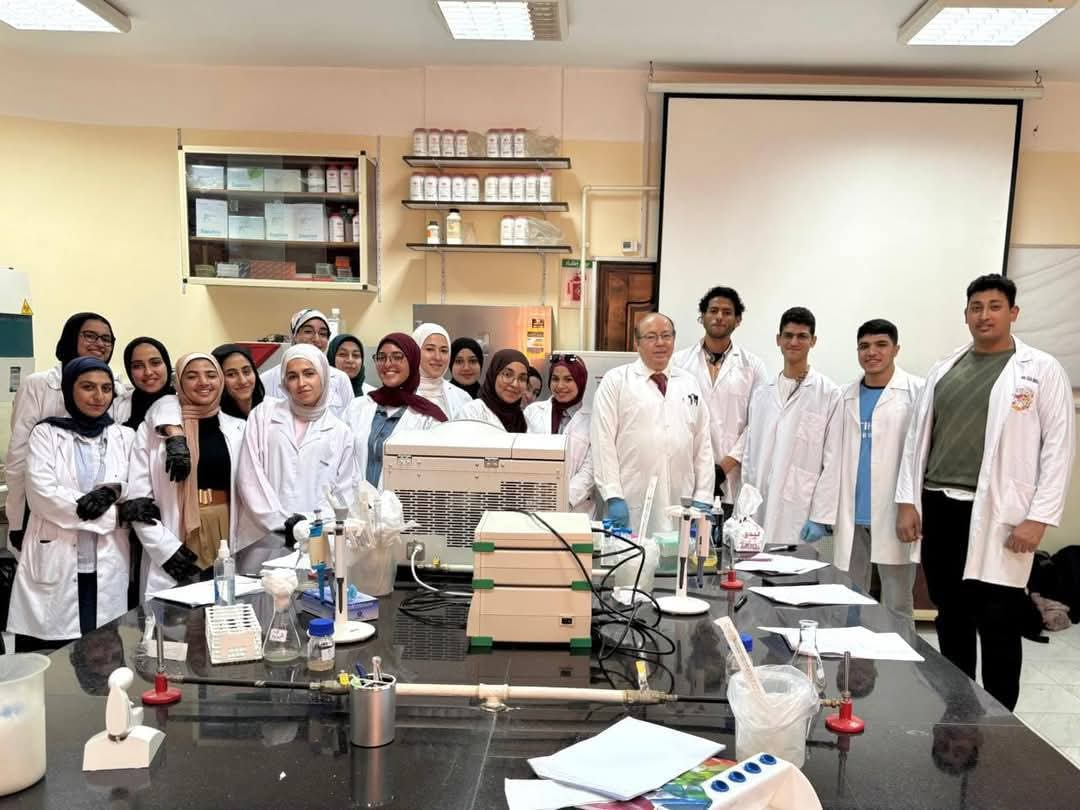A new wave of synthetic-biology research is turning living cells into programmable devices, opening the door to innovation in regional medicines, materials and climate solutions.
Walid El-Sharoud, Director of Synthetic Biology Laboratory, Mansoura University, Egypt

koto_feja/ E+/ Getty Images
Synthetic biology (SynBio) is an emerging discipline
that attempts to reprogram and design the cells’ genetic materials, converting
them into controllable and computerized bio-devices. In its essence, SynBio
merges computing and engineering with molecular biology to develop applications
that operate with high precision and yield predictable results.
Programming and design are two key elements of SynBio,
driven by the fundamental concept of cells being programmable and engineerable.
Cells compute all the time; processing environmental inputs through DNA-encoded
‘bio-algorithms’, and generating measurable outputs.
A classic example of this computing process is the
lactose metabolism in Escherichia coli; cells uptake sugar as an input,
DNA senses it, relevant enzymes are expressed, and energy plus lactate are
produced as output. Cells can also perform an AND logic function to regulate
this metabolism, just as computers do.
This intersection between computers and cells inspired
the beginning of SynBio in the early 2000s, when researchers, James Collins and
Michael Elowitz, separately with their teams, implemented circuits of genes and
molecules to mimic the electronic circuits composed of transistors and wires.
The behaviour of those genetic circuits was successfully modeled and worked
predictably. This promoted the development of other diverse applications, such
as sensors of explosive materials and potential cancer therapy.

The team of Synthetic Biology Laboratory at Mansoura University, Egypt.
Credit: Walid El-Sharoud.
In terms of design, genes consist of parts that can be
characterized, standardized, and catalogued. This enables the rational
engineering of living systems and, coupled with programming, pushes synthetic
biology beyond traditional biotechnology. Advances of SynBio include building
of complete functional microbial genomes that can mediate the working of a
whole semi-synthetic cell. Researchers have also incorporated non-natural amino acids into synthesized proteins for potentially
therapeutic value.
The mRNA-based COVID-19 vaccine originally relied on SynBio’s
concept. Other outcomes include Imlygic, an oncolytic virus-based drug approved
for treating melanoma, yeast-produced artemisinin to treat malaria, synthetic
silk, bioplastics, and a meatless burger. Current ambitions range from
de-extincting ancient creatures to extending human life.
To harness its potential, I launched the Synthetic
Biology Laboratory at Mansoura University in Egypt. Working with global
partners worldwide, we were able to engineer non-conventional yeast to produce
bisabolene, which is a crucial pharmaceutical and a biofuel precursor. Our
current work focuses on engineering yeast to produce milk protein, leveraging
CRISPR enzymes in genetic manipulation and developing biosensors for pathogen
detection.
At KAUST in Saudi Arabia, specialized research teams
are advancing SynBio applications; engineering photosynthetic microorganisms
such as algae to create resource-efficient processes for carbon capture,
biomanufacturing, and other environmental applications.
Synthetic biology has moved from proof-of-concept to
practical reality, delivering new medicines, sustainable materials, and
climate-smart technologies. In the Arab world, we possess the talent, natural
resources, and strategic ambition to benefit from this next biotechnological
wave.
By investing in targeted research programmes,
developing collaborative networks and training the next generation of synthetic
biologists, the region can convert cutting-edge science into high-value
industries and home-grown solutions to our pressing environmental and health
challenges.

